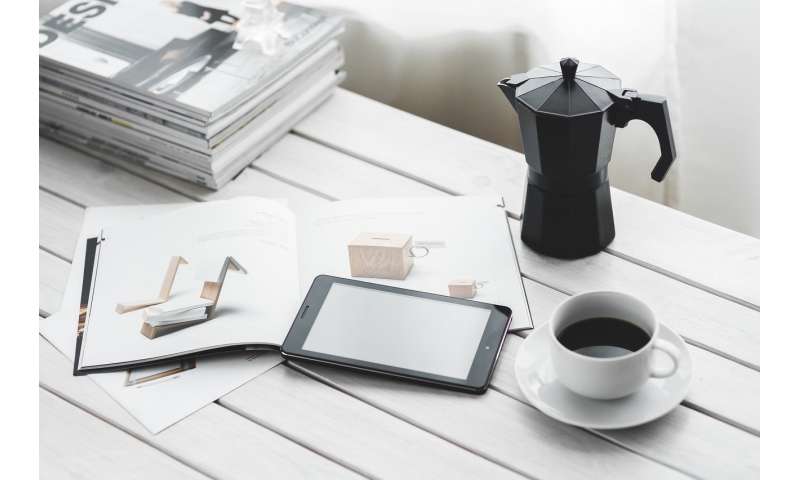
“Greetings from Canada,” a reader from Ontario wrote. He then politely corrected me on a grammatical error he found in a recent column published in the Toronto Star.
In the article, I described how “vitamin C stimulates the formation of antibodies that bind up dangerous toxins before they wreck havoc in our bodies.” The correct word in this instance, my Canadian reader informed me, is not “wreck” but “wreak.” Thank you for rescuing my wreckage of the English language.
Another reader writes, “As a personal trainer and health coach here on the Monterey peninsula, I never go outside the scope of my practice regarding giving nutrition advice. When necessary, I have directed clients to the helpful websites you have provided in your past columns to assist them in finding a registered dietitian. I have also recommended your great book. I do have a couple of questions:
1. Does decaf coffee have an ingredient in it that can possibly raise LDL cholesterol? I read somewhere that it has something called cafestrol (sp?) that can raise the LDL. I do filter it if that makes a difference.
2. Does decaf green tea have the same antioxidants that regular green tea has?
—Denise (please call me Denny!)”
Good questions, Denny. The correct spelling of the substance you mention is “cafestol”—a naturally-occurring oil in caffeinated as well as decaffeinated coffee. Early studies showed that coffee oils such as cafestol and kahweol (good words for a spelling bee, don’t you think?) can increase “bad” LDL cholesterol levels in the blood.
The good news is that the cholesterol-raising effect of these oils is pretty much limited to unfiltered coffee such as French press, Turkish coffee, boiled coffee consumed in Scandinavia and by cowboys around the campfire. A recent small study on healthy volunteers found that unfiltered coffee raised LDL cholesterol. When these same volunteers returned to filtered coffee, their LDL levels went down.
“Coffee that’s been filtered probably has little, if any, effect on cholesterol levels,” say the experts at Harvard Medical School. “Espresso contains more cafestol and kahweol than paper-filtered coffee, but because it is consumed in smaller amounts, it may not have much of an effect on people’s LDL level.”
And sorry to wreak havoc on your understanding of this topic but there may be another twist to the coffee story. Some research now suggests that cafestol and kahweol may also have some health benefits, including anticancer and diabetes prevention. Stay tuned.
Concerning antioxidants in decaf green tea compared to regular tea: One authority on this topic, Dr. Iman Hakim, says that the healthful polyphenol antioxidants can be 15 to 25% lower in decaffeinated green tea as compared to regular green tea. She also says that the loss of these beneficial antioxidants is even higher when black tea is decaffeinated.
[“source=medicalxpress”]

